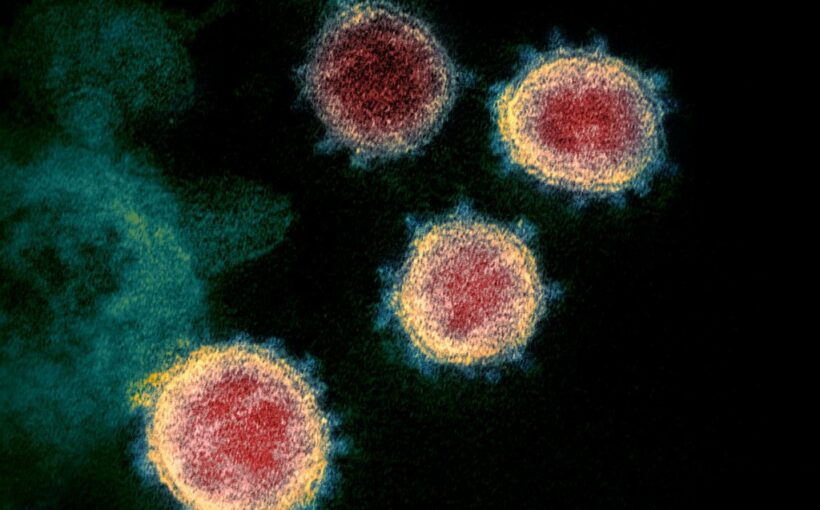Just as California seemed to be on the verge of truly turning the Covid-19 corner, the Stanford Clinical Virology Lab confirmed a case of an emerging variant that originated in India, Deadline has learned.
According to Lisa Kim, Senior Manager of Media Relations for Stanford Health Care, “The Clinical Virology Lab at Stanford Health Care identified and confirmed the newly described ‘India’ variant last week. This variant has the L452R mutation found in the CA variant, as well as another significant spike mutation, E484Q. This same position is mutated to a different amino acid (K) in both the South Africa and Brazil (P.1 and P.2) variants.”
In more conversational terms, that means one of India variant’s mutations is like a key alteration first discovered in the so-called Brazil and South Africa variants. The other mutation is also found in a variant first detected in California, which is by far the state’s most widely-spread new strain.
Related Story
California To Cross Key Vaccination Milestone Next Week, Triggering Broader Reopening Across State
The news was first reported by the San Francisco Chronicle.
The development is concerning because, for the first time, it combines worrisome mutations from separate, so-called variants of concern.
“This Indian variant contains two mutations in the same virus for the first time, previously seen on separate variants,” Peter Chin-Hong, an infectious disease expert at UCSF, told the Chronicle on Monday. “Since we know that the domain affected is the part that the virus uses to enter the body, and that the California variant is already potentially more resistant to some vaccine antibodies, it seems to reason that there is a chance that the Indian variant may do that too.”
Stanford’s Kim cautions that “it’s not known yet if this variant is more infectious or is resistant to vaccine antibodies.” In fact, despite a surge in cases over recent weeks in India, at the end of March officials there were more concerned about the spread of the U.K. variant than the double mutant, according to AP.
But the news of a new, unusual strain adds an extra dimension to rising concerns about variants in California, especially since one of the mutations is also found on one of the state’s most widespread strains.
As of April 1, California was tracking five variants of concern, including the U.K. (B.1.1.7), Brazil (P.1 and P.2), South Africa (B.1.351) and, of course, its home grown West Coast variants (B.1.427 and B.1.429). See chart below.
Kim said there had been “one confirmed case” of the double mutant “by [genomic] sequencing at Stanford, 7 presumptive by screening RT-PCR.” Those numbers may not seem like much, but consider this context: In California, only a tiny number of test samples are flagged for genomic analysis.
For example, California has administered over 55 million Covid-19 tests. Of those, less than 50,000 have been flagged by doctors for genomic sequencing. That means that less that .01% of samples have been tested. Granted, those that have been tested were flagged by experts, but in a region of 40 million which is also the most diverse state in the union, such surveillance does not provide dependable insight into how far these variants have spread.
Read More About:
Source: Read Full Article

